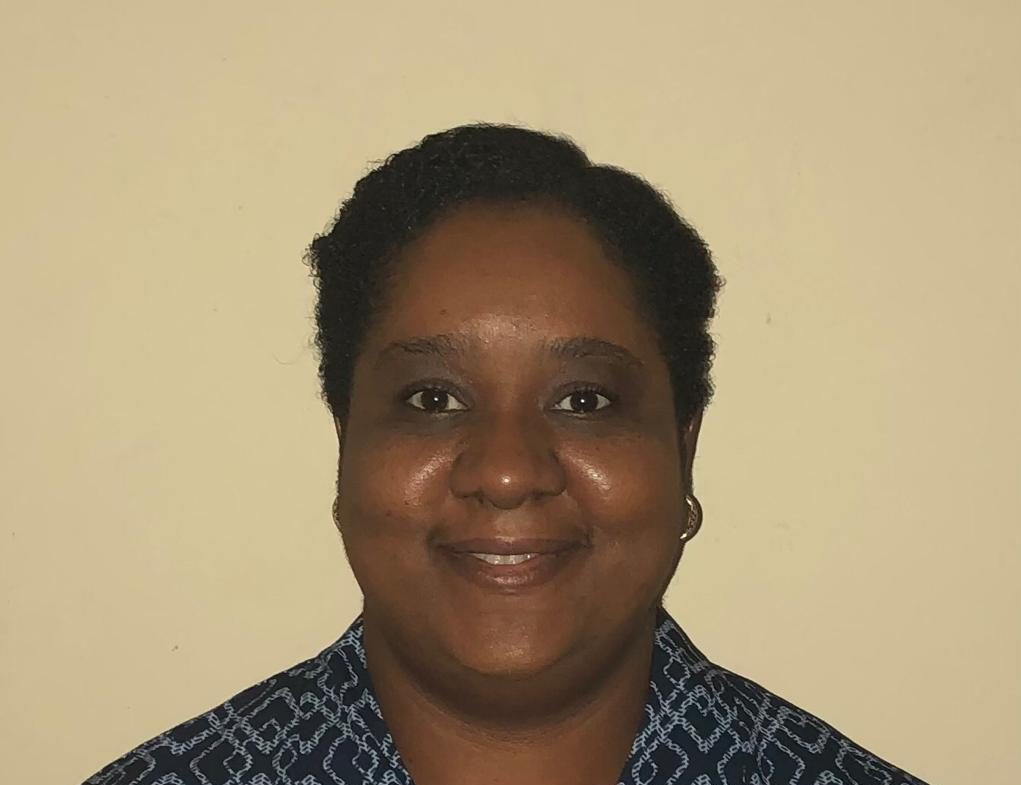Family, Friends And Neighbours Of Victims Urged To Provide Support
By: , September 7, 2021The Full Story
Family and friends of victims of crime are being encouraged to help the healing process by providing support.
In addition to the physical effects of crime, which can permanently change the way a person lives, in some cases the psychological trauma can be equally or even more damaging.
Understanding what victims go through after an incident is one of the first steps in providing support.
Programmes Manager at the Victim Services Division (VSD) Dionne Dawn Binns, says sensitivity is required when dealing with victims of crime.
“The reality is this – no matter how cautious a person is or conscientious they might be, anyone can become a victim of crime. What is really required, then, is to develop some type of sensitivity towards these situations and persons who have been victimised. If you’re not even sure what to say, try not to say anything at all, because it may come across in the wrong way,” Mrs. Binns said.
Victims of crime often go through initial shock, disbelief and denial. They may then face strong emotions, including anger, fear, frustration, confusion, guilt, shame and grief.
“If you are providing comfort to the individual, sometimes just a simple tap on the shoulder, helps. What these persons need is the rallying of support from their close friends and family, once none of them is the perpetrator, but they do need that type of support to be built around them. ” she added.
“The Federal Bureau of Investigation (FBI) publication on Victim Services recommends that families and friends “listen carefully, spend time with the victim and offer assistance… with everyday tasks like cleaning, cooking, caring for the family, minding the children.”
Persons are also advised to give victims space when needed, not take anger or other feelings expressed by victims personally and to express to them the desire to understand and help.
For victims of sexual assault, the Rape, Abuse and Incest National Network (RAINN) advises that expressing that they are not alone, you believe them and that the act was not their fault can be helpful.
“Avoid judgement … [and] phrases that suggest they are taking a long time to recover. Check in periodically. The event may have happened a long time ago, but that doesn’t mean the pain is gone. Know your resources. You’re a strong supporter, but that doesn’t mean you’re equipped to manage someone else’s health. Become familiar with resources you can recommend to a survivor.”
The Victim Services Division seeks to provide an opportunity for healing and therapeutic intervention to assist the Ministry of Justice in balancing justice for all victims of crime. The Division provides counselling and emotional support and other technical services to anybody who has experienced a crime or has suffered as a result of a crime.
If you or someone you know has been affected by crime, contact the VSD via their toll-free number 888-VICTIMS (888-842-8467). Other numbers are 876-946-0663 and (Digicel) 876-618-3620. Information about the division can also be found on the Ministry of Justice website, moj.gov.jm.


